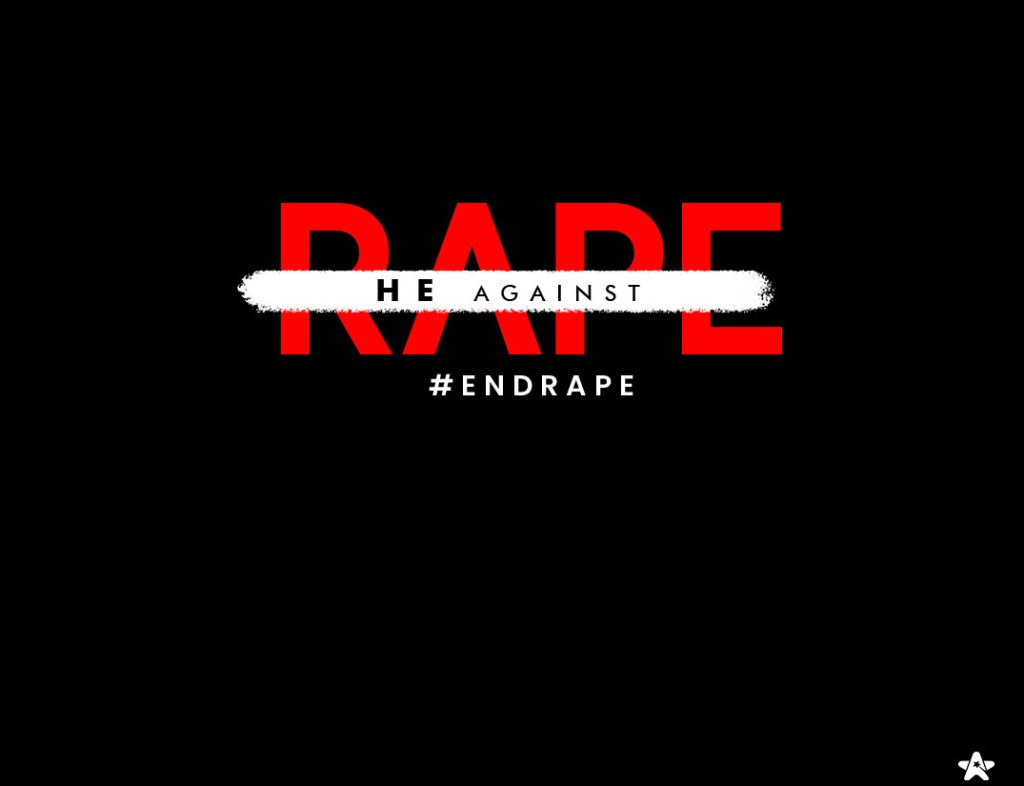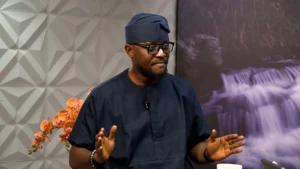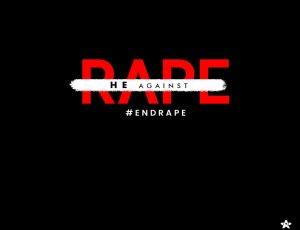If we must address the problem of rape in Nigeria, we must adopt a holistic approach which should include paying attention to the way and manner women are portrayed in the media through pop culture. We must continue to educate the male folk to respect women and their bodies, strengthen our institutions to protect them and also ensure they get justice whenever they are violated or molested.
One of the most interesting courses in my undergraduate studies was ‘Women in Society’. I took this course twice in the same department. The first time was during my diploma programme in Social Work for Development, and the second was during my undergraduate studies in Sociology. In this course, students are exposed to gender issues and concepts, such as gender mainstreaming, gender sensitivity, gender awareness etc.
In addition to the concepts, the course also introduces students to the challenges confronting women in the society, such as economic inequality, unequal access to education and political positions; poor access to essential services, such as healthcare and credit facilities, etc. For the male students, it is an opportunity to understand the female gender better and how they fare in the society. Most importantly, the course was designed to help us change our traditional perspectives of women and arm us with the knowledge of how to relate with them, including joining forces with them to uphold their interests.
During one of my classes as a diploma student, my professor decided to make the session practical for us by making us watch two different videos. We did not have computers in our lecture halls and we did not have computer labs at the time. He decided to relocate the class to his office. But because we could not all fit into his office, we used the hallway.
The first video we watched was one of the music videos of Awilo Longomba. Awilo, as he was, and I believe still popularly known, is a Congolese musician who was very popular across Africa, Europe and America in the early 2000. His style of music was quite unique to us in Nigeria but common in Central Africa. What was unique about his music was not just the style, but the use of women in his videos. These women were scantily dressed and the dance style was nothing but erotic. We watched this for a few minutes before switching to the second one.
As a society, we have acknowledged the role of the media in shaping culture and narratives, politically, economically and even religiously. We must therefore acknowledge how the portrayal of women through the media, particularly in pop culture, contributes to the problem of rape in our society.
The second video was Sarafina. The movie, which was released in 1992, was about the Soweto Uprising in South Africa under apartheid. The uprising was led by a young female student. Although, we did not finish the movie, we watched enough for our analysis of the portrayal of women in the media. We had to discuss the two videos in relation to how women are seen in the society. Of course, it was a no brainer to see that women were sexualised and objectified in the Awilo music video. In the Sarafina movie on the other hand, we saw the strength, tenacity, sufferance and fortitude of women. The two videos were poles apart in terms of embedded values and the projection of the female.
I believe a number of my male colleagues, including my humble self, had a new found respect for women after analysing the Sarafina video. The Awilo video, on the other hand, left us with a bitter taste as our eyes were opened to how some artistes through the media had contributed to the objectification and sexualisation of women in the society.
As a society, we have acknowledged the role of the media in shaping culture and narratives, politically, economically and even religiously. We must therefore acknowledge how the portrayal of women through the media, particularly in pop culture, contributes to the problem of rape in our society. Today, the obscenity of secular music videos, where women are mostly used, is worse than what we had in the early 2000s. And beyond the videos, a number of their lyrics are demeaning to the women folk.
These lyrics and videos blatantly paint women in the most demeaning and disrespectful manner. Most of these lyrics are about female body parts. And when the videos are released, you would see the men properly dressed, while the women, on the hand are usually scantily dressed, dancing for the pleasure of the male folk in the video. To top it, the women are not only sexualised and objectified, they are usually commoditised as well. It is popular to see the men spraying the women with money, portraying them as commodities to be acquired. Some of the stories the videos tell centre around women lusting after money and material things. This portrayal of women contributes to the subconscious conditioning of men that makes some see women as objects of sexual gratification.
I am not in any way implying that the way women are portrayed through pop culture is a justification for rape. I am stressing again that it is not a justification for rape and neither do the way they dress on the streets. It doesn’t matter what a woman is wearing, it is not an invitation to rape.
I am not in any way implying that the way women are portrayed through pop culture is a justification for rape. I am stressing again that it is not a justification for rape and neither do the way they dress on the streets. It doesn’t matter what a woman is wearing, it is not an invitation to rape. I am saying that the way women are portrayed in the media through pop culture is demeaning, disrespectful and encourages rape in our society. This is not a sociological conclusion arrived at through empirical research. It is my common sense assumption that proliferation of media contents that objectify, sexualise and commoditise women conditions men to see women as objects of sexual gratification that promotes rape in our society.
If we must address the problem of rape in Nigeria, we must adopt a holistic approach which should include paying attention to the way and manner women are portrayed in the media through pop culture. We must continue to educate the male folk to respect women and their bodies, strengthen our institutions to protect them and also ensure they get justice whenever they are violated or molested. We must also continue to discourage victim-shaming and blaming. By all means, the awareness campaign against rape must continue. But for it to be effective, it must be holistic.
I am looking forward to having both men and women rise up to denounce music lyrics and videos that sexualise, objectify and commoditise women. I am aware of a few times the National Broadcasting Commission (NBC) banned some music videos because of their explicit contents to protect our children and culture. We must start looking at how to protect our women as well from producers, directors and artistes that use the female body to sell and promote their crafts.







